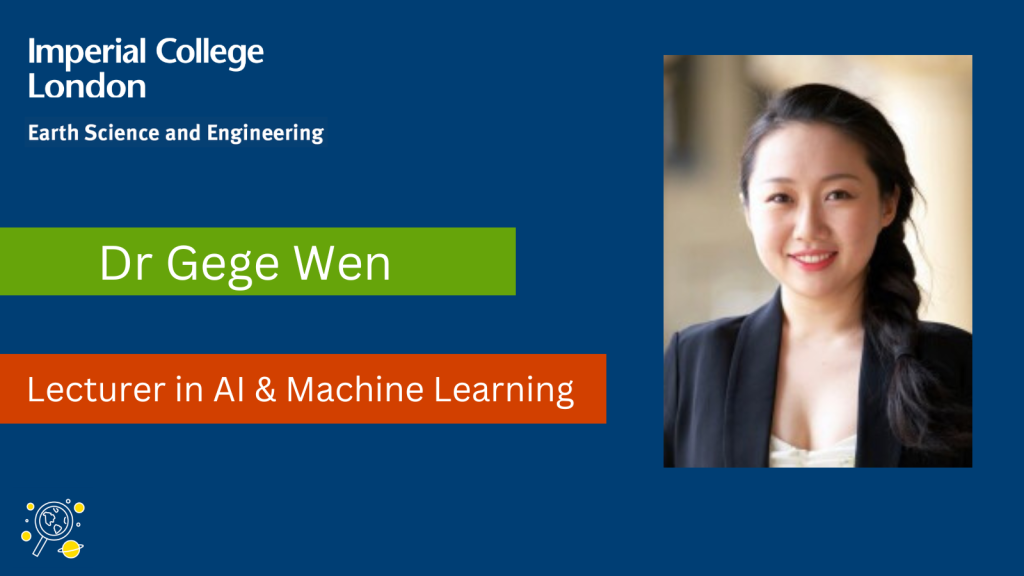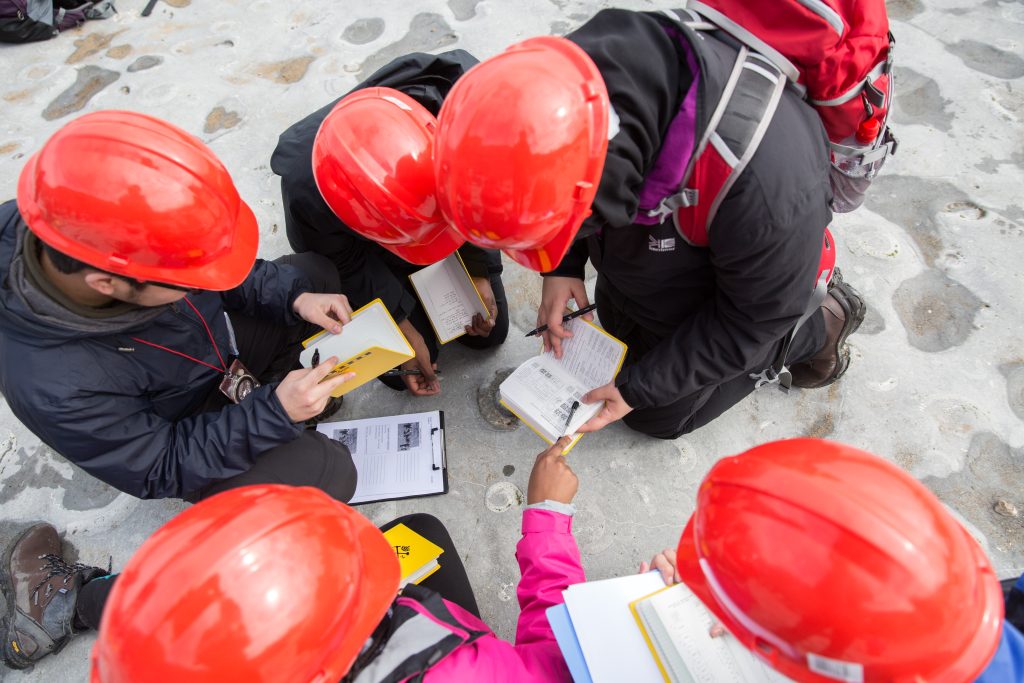
Dr Gege Wen recently joined the Department of Earth Science and Engineering (ESE) as a Lecturer in Artificial Intelligence (AI) and Machine Learning. Co-appointed by I-X, Gege’s research focuses on computational methods and solutions for Earth and environmental science problems, to help fulfil society’s energy needs and transition toward a low-carbon future.
She specialises in sustainable subsurface energy storage, CO2 geological storage, and machine learning for scientific computing. In this blog post, we explore Gege’s interests and find out more about what led her to Imperial.
